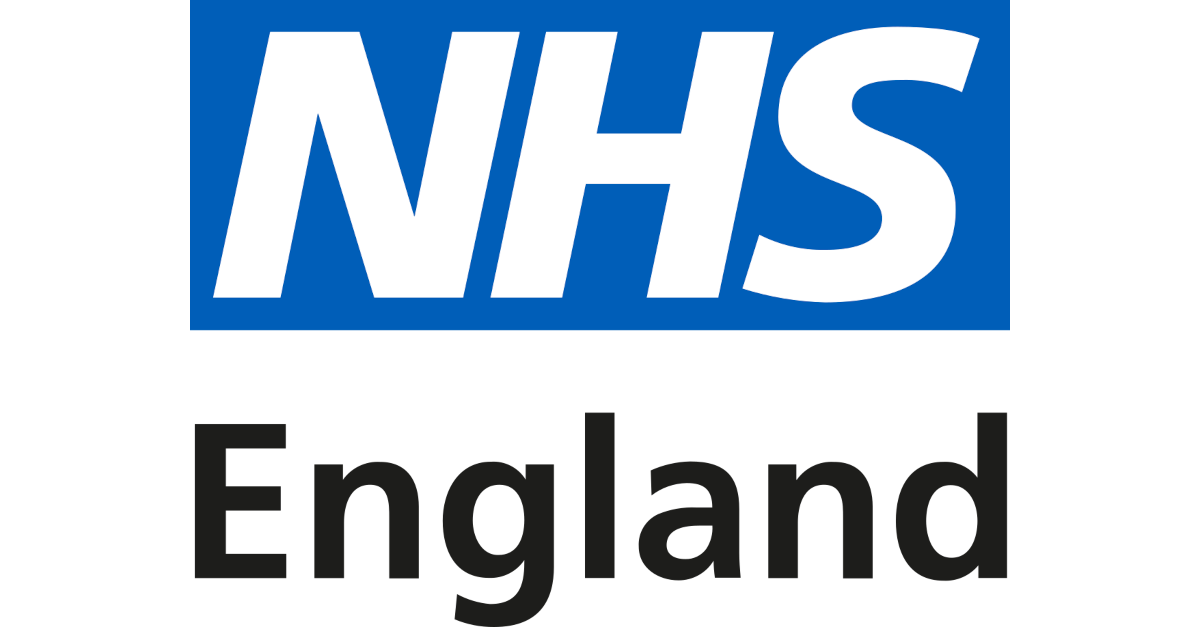NHS Digital Weight Management Programme: Supporting Healthier Lives Amidst Obesity Crisis
In the heart of a bustling London Borough, Sarah, a 35-year-old single mother, made a pivotal decision. Struggling with obesity and diagnosed with diabetes, she had felt trapped in a cycle of unhealthy eating and low motivation. However, in a moment of inspiration, she accessed the NHS Digital Weight Management Programme, prompted by her general practitioner. Within weeks, Sarah found herself engaged in a tailored digital journey that was not only about losing weight; it was about reclaiming her life.
The Program’s Foundation and Accessibility
Launched in July 2021, the NHS Digital Weight Management Programme aims to provide targeted assistance to adults living with obesity who also suffer from diabetes, high blood pressure, or both. This groundbreaking initiative is not merely a response to the obesity epidemic; it embodies a shift towards more accessible healthcare services. The program is available to individuals through referrals made by general practitioners or community pharmacies, solidifying its reach across England.
Dr. Emma Williams, a public health expert at the University of London, emphasizes the importance of accessibility: “Digital services can break down barriers for many individuals who might otherwise avoid seeking help. The program’s flexibility is pivotal, particularly for younger, working-age adults who may struggle to find time for traditional consultations.” Indeed, early evidence shows that digital platforms enhance accessibility, allowing a greater number of younger individuals to engage with the service.
Demographic Insights and Reflecting Diversity
The program has successfully tapped into diverse demographic segments, presenting both opportunities and challenges. Emerging data highlights notable representation from historically marginalized groups, illustrating that targeted outreach is yielding positive results. As evidence shows:
- A greater proportion of participants from Black, Asian, and minority ethnic backgrounds are accessing the program compared to their overall population demographics.
- One in four referrals originates from individuals in the most deprived socioeconomic quintile, with nearly half coming from the two lowest socioeconomic groups.
- Initial outcomes indicate comparable weight loss and engagement rates across various socioeconomic and ethnic backgrounds.
Professor Caleb Thompson, an obesity researcher at the Institute for Health Studies, states, “The NHS Digital Weight Management Programme is a promising step toward equitable health interventions that truly cater to the needs of all communities. It demonstrates that with the right strategy, we can address health disparities and improve outcomes for everyone.”
Staff and Community Involvement
Interestingly, the initiative extends beyond patients; it also integrates NHS staff. Since its inception, over 15,000 healthcare professionals have enrolled in the program, embracing it as a vital resource to improve their health and well-being. “As healthcare providers, we must lead by example,” explains Lisa Huang, a nurse who participated in the program. “It’s important for us to prioritize our health so we can better serve our patients.”
The Path to Change: Case Studies and Personal Stories
Within weeks of enrolling, Sarah found herself empowered by structured education on nutrition and exercise through the program. Her success story is echoed by many others, showcasing the tangible benefits of digital engagement. As Sarah reported in a community health forum, “I feel in control of my life for the first time in years. I’m making healthier choices, and it feels amazing.”
Such testimonials highlight how critical tailored solutions are in combating obesity. The comprehensive nature of the program—offering personalized advice, peer support, and motivational resources—is designed to foster long-term change in participants’ lifestyles.
Evaluating Effectiveness: Preliminary Findings
As the program continues to roll out nationwide, preliminary data points towards its effectiveness. Across multiple demographics, participants are beginning to report significant health improvements. Weight loss rates are consistent with traditional in-person programs, which challenges prior assumptions about the efficacy of digital health interventions. A potential study by the National Institute of Health indicates that participants utilizing the program’s resources demonstrate a 10% improvement in overall health metrics within three months.
Dr. Sarah Roberts, a behavioral psychologist involved in the program’s evaluation, states, “The adaptability of a digital platform allows participants to learn and grow at their own pace, which is invaluable in maintaining motivation and achieving sustainable results.”
As a result, health advocates are calling for broader adoption of such programs as part of larger public health strategies. “It opens up a dialogue about how we can use technology to make health management more inclusive and effective,” notes Dr. Thompson.
Looking Ahead: The Future of Digital Health Initiatives
As Sarah continues her journey toward better health, she serves as a beacon of hope, representing the thousands of others who have experienced life-changing transformations through this innovative program. With continued investment and a commitment to inclusivity, the NHS Digital Weight Management Programme may well lay the groundwork for a new era in public health—one that recognizes the importance of digital solutions in addressing chronic health issues.
The success of this initiative reflects a larger narrative—a growing acknowledgment that combating obesity requires not only intervention but also a comprehensive understanding of the socio-economic and cultural factors that influence health. As more participants enroll and share their stories, the data will reveal invaluable insights that may guide future health endeavors across the globe.
Source: www.england.nhs.uk


